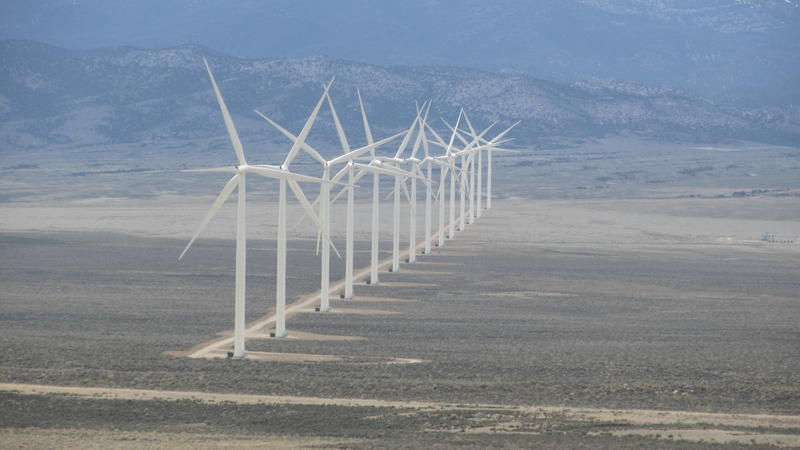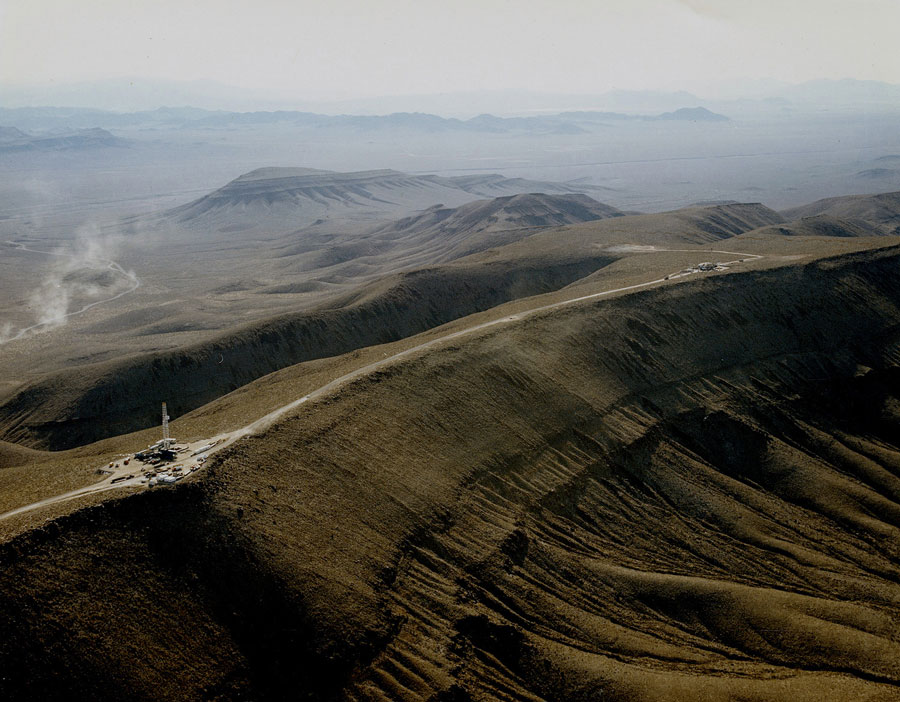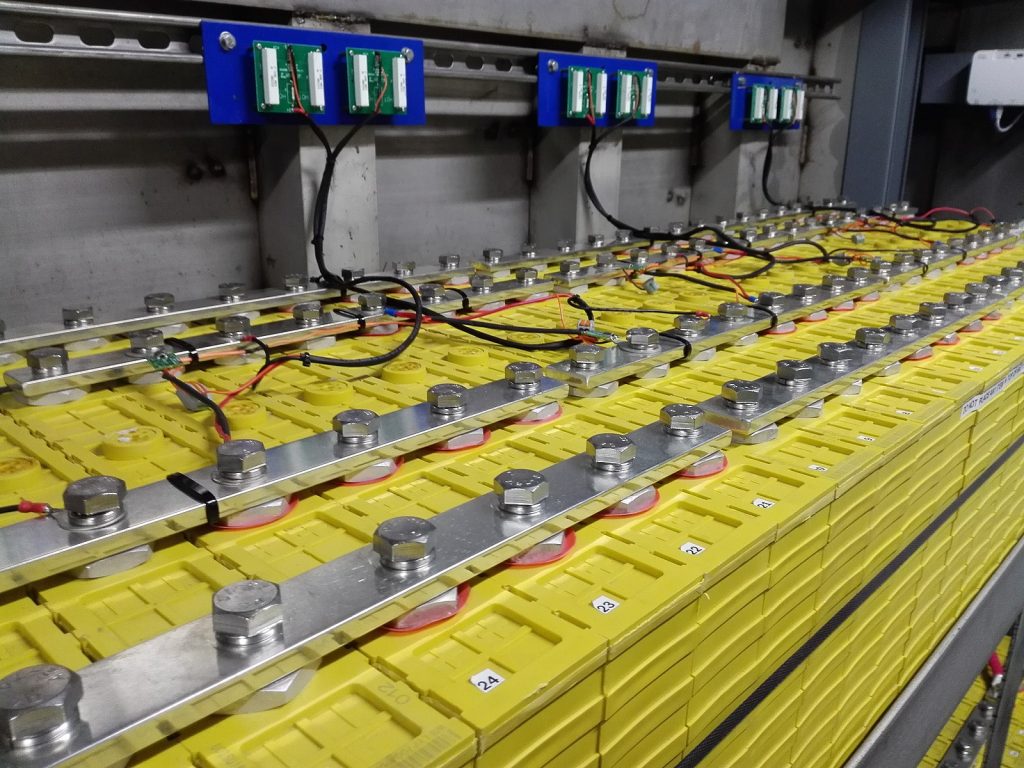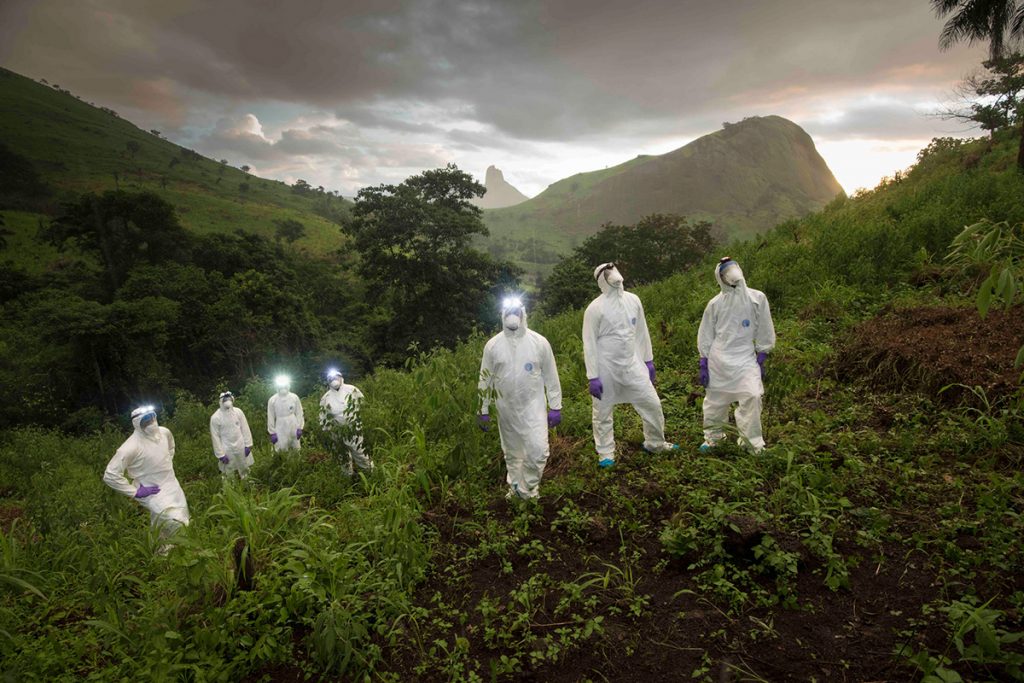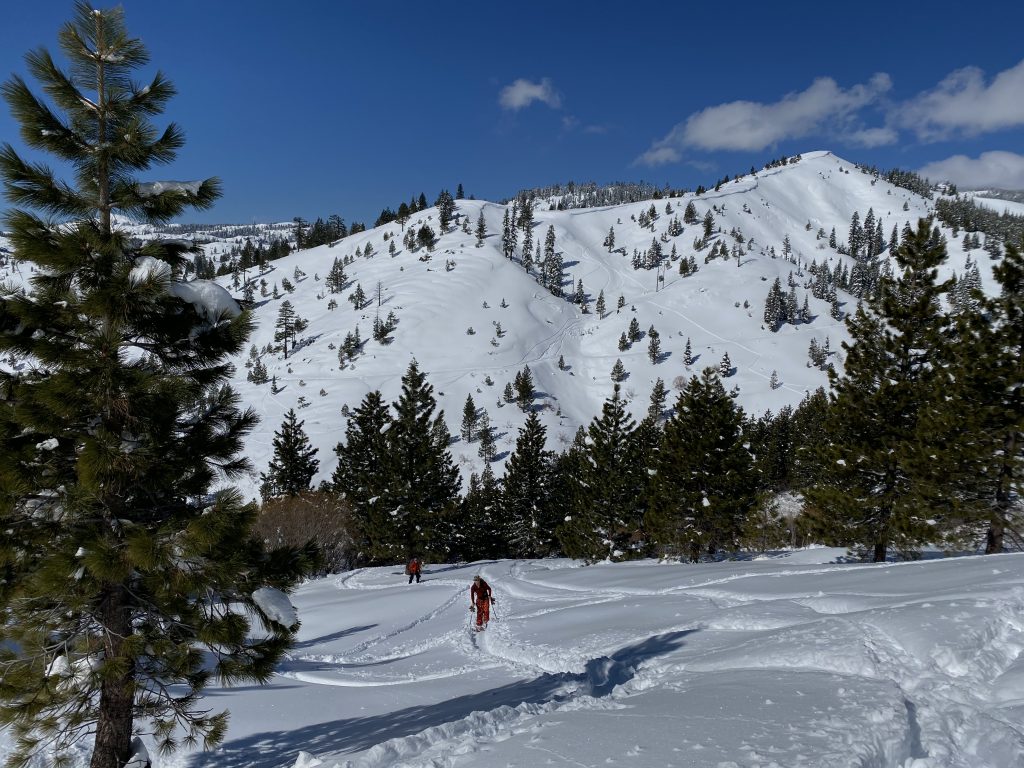NEWS
Science news by students in UNR’s Reynolds School of Journalism. If you are interested in writing for the Hitchcock Project or if you have a news story you would like us to cover, please contact Kelsey Fitzgerald, kmfitzgerald@unr.edu.
Nevada is a vast, windy state yet it ranks 33rd in the nation's wind energy production. It turns out the temperamental gusts are part of the problem.
People keep buying electric vehicles, and Nevada continues to build infrastructure to support the shift away from internal-combustion transportation. The shift reduces green-house gas emission.
As Nevada pushes toward sourcing half its electricity from renewable energy by 2030, the COVID-19 pandemic has caused some turbulence in the renewables sector.
More than two decades of research raises questions about whether scientific "fixes" at a proposed nuclear repository could keep groundwater safe from radioactive contamination.
While the COVID-19 pandemic is proving problematic for the solar industry, there's a more fundamental challenge: the sun doesn't always shine. Read how one power plant in Nevada was able to find an unusual way around that issue, and why others may be taking a different approach in the near future: batteries.
It’s hard enough to keep a fledgling new restaurant up and running in normal times. Imagine running one during a pandemic.
More than 60 percent human viruses originally come from animals.
For the past decade, these researchers around the globe have been working to identify risky viruses before they infect humans.
The team found a new Ebola virus in bats in Sierra Leone, and has worked with various communities to reduce exposure.
When ski resorts shut down due to the pandemic, many people decided to hit the backcountry slopes-- including lots of newbies.
But without avalanche knowledge-- heck, even with training-- going into the backcountry can be incredibly risky.
It may come as a surprise to learn the keto diet was originally developed to treat seizures. Now some rave about it as a quick weight loss tool. But nutritionists say some early research gives cause for concern about maintaining the restrictive diet long-term.

